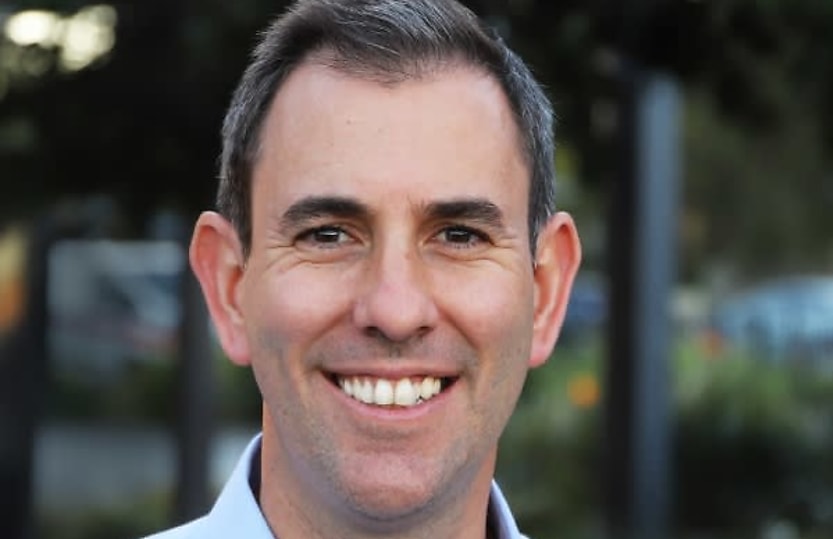Stubborn inflation undercuts case for wage growth: business

Industry groups have doubled down on their opposition to the government’s push for an inflation-geared wage hike following a disappointing March quarter.
Stubborn inflation over the March quarter has caused industry groups to double-down on their opposition to wages growth that would match inflation, as proposed by the government and workers unions.
According to the ABS, the consumer price index (CPI) rose 1.0 per cent last quarter and 3.6 per cent annually, a more modest slowdown than expected.
The Australian Chamber of Commerce and Industry (ACCI) said the inflation data should serve as a warning of the potential cost of increasing wages growth.
“Wage growth is a major contributor to inflationary pressures. Recent Treasury analysis shows that wage growth made up almost two thirds of headline inflation in a year,” said ACCI chief executive Andrew McKellar.
“As it considers the Annual Wage Review, the Fair Work Commission must be cautious that any decision to increase minimum and modern award wages does not reignite inflation.”
The Australian Industry (Ai) Group broadly agreed, adding that the data showed that Australia’s inflationary pressures were “far from over.”
"While much of our inflation had previously been imported, it is now squarely home grown, with prices for services and non-tradables proving especially sticky. Business is still seeing significant inflationary pressures through their supply chains,” said Innes Willox, chief executive of the Ai Group.
"Excessive demands for wage increases – such as the ACTU's reckless claim for a 5 per cent increase in minimum and award wages – will, if granted, clearly further prolong inflation and cost-of-living pressures. The ACTU wage claim needs to be rejected in favour of a more moderate and realistic outcome," he added.
The industry groups are far from alone in warning that inflation-matching wages growth could spike inflation, though others have maintained that the data is less than conclusive.
A recent Australia Institute report found that a 5 per cent minimum wage rise, higher than the government’s proposed hike, would “not significantly affect headline inflation”.
“Contrary to employer concerns, there is no consistent link between minimum wage increases and inflation in the modern Australian context,” it found.
University of Sydney associate professor Chris F Wright recently sang a similar tune, noting that ‘wage-price spirals’ had not been a real threat in the country since the “stagflation” era of the 1970s and 1980s.
The Ai Group has rejected bids to go anywhere above a 2.8 per cent wage rise.
“An increase of less than 2.8 per cent would…raise the likelihood of an earlier reduction in interest rates by lowering the inflationary pressures that would flow from a higher increase,” said Willox.
In response to the inflation data, ACCI said an increase of not more than two per cent would be “fair, reasonable, and responsible.”
“Any increase must be linked to productivity otherwise higher inflation will last longer, causing much greater pain than is necessary for Australian households and businesses,” said McKellar.
While Treasurer Jim Chalmers said it was “encouraging” to see that inflation had “moderated even further” over the quarter, experts have said the slower than expected decline dashed hopes of interest rate cuts later in the year.
AMP deputy chief economist Diana Mousina said the figures had caused the firm to revise its expectation that rate cuts would begin around mid-year.
“Today’s inflation data removes the chance of any near-term rate cut. However, we think we can still see a rate cut by the end of the year as the leading indicators of softer employment growth, lower inflation and subdued consumer spending remain intact,” she wrote.
The RBA board will hand down its next interest rate decision on May 7. Experts are largely expecting the rate will remain steady.
About the author

